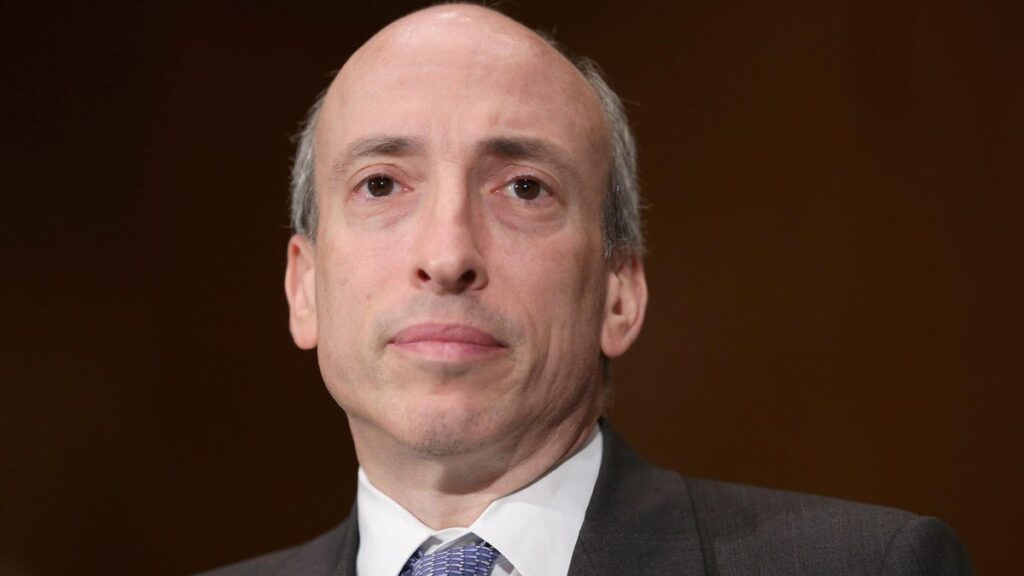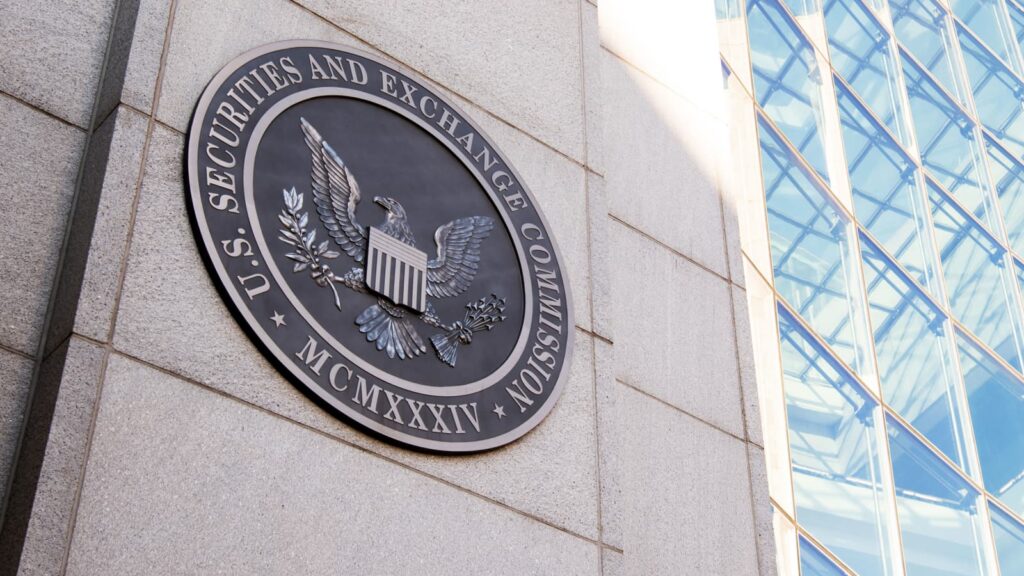In his address at the 2023 Securities Enforcement Forum, Gary Gensler, the Chair of the United States Securities and Exchange Commission (SEC), shed light on the extensive regulatory actions undertaken by the agency, resulting in a staggering $5 billion in judgments and orders.
However, it was Gensler’s remarks concerning the cryptocurrency market that ignited fervent discussions within the crypto community on social media platforms.
He emphatically stated, “Don’t get me started on crypto. I won’t even name all the individuals we’ve charged in this highly noncompliant field.”
Discussing the economic ramifications of the SEC’s enforcement endeavors, Gensler highlighted that the agency had initiated over 780 enforcement actions in 2023, with more than 500 of them being standalone cases.
These actions ultimately culminated in judgments and orders totaling $5 billion, with $930 million allocated for restitution to injured investors.
Additionally, Gensler disclosed that the SEC had instituted legal actions against 40 firms for various rule and regulation violations since December 2021, resulting in penalties exceeding $1.5 billion.
Furthermore, he revealed that the SEC had resolved recordkeeping-related charges with 23 firms in the previous fiscal year alone.
READ MORE: Bitcoin-Related Stocks Soar as Crypto Market Reaches New Heights
Expanding on his views on cryptocurrency, Gensler reiterated his belief that a significant portion of the crypto market falls within the purview of securities and should therefore be subject to the same regulatory framework.
He expounded upon the broad definition of securities, particularly emphasizing the concept of an investment contract, which he asserted is closely resembled by a substantial segment of the cryptocurrency market.
Gensler maintained that most cryptocurrency assets would pass the investment contract test, thereby necessitating compliance with securities regulations.
Drawing parallels between the present cryptocurrency landscape and the financial environment of the 1920s when securities laws were yet to be established,
Gensler argued that the crypto industry is currently grappling with similar challenges – a lack of clear regulations leading to numerous scams, frauds, and bankruptcies.
He contended that these issues underscore the imperative need for more stringent regulations.
Gensler concluded his speech by stating, “Without prejudging any one asset, the vast majority of crypto assets likely meet the investment contract test, making them subject to the securities laws.”
While his criticism of the cryptocurrency market is a recurring theme in his tenure, calls for greater clarity on crypto regulations have grown louder, with members of Congress, the crypto community, and key U.S. businesses urging Gensler to provide more definitive guidance on this matter.
Other Stories:
Nym Technologies Launches $300 Million Fund to Boost Privacy in Web3 Ecosystem
ARK Investments Sells GBTC Shares Amid Bitcoin ETF Speculation and Surging Crypto Market
FTX Creditor Claims Surge in Value, Trading at Over 50 Cents on the Dollar







